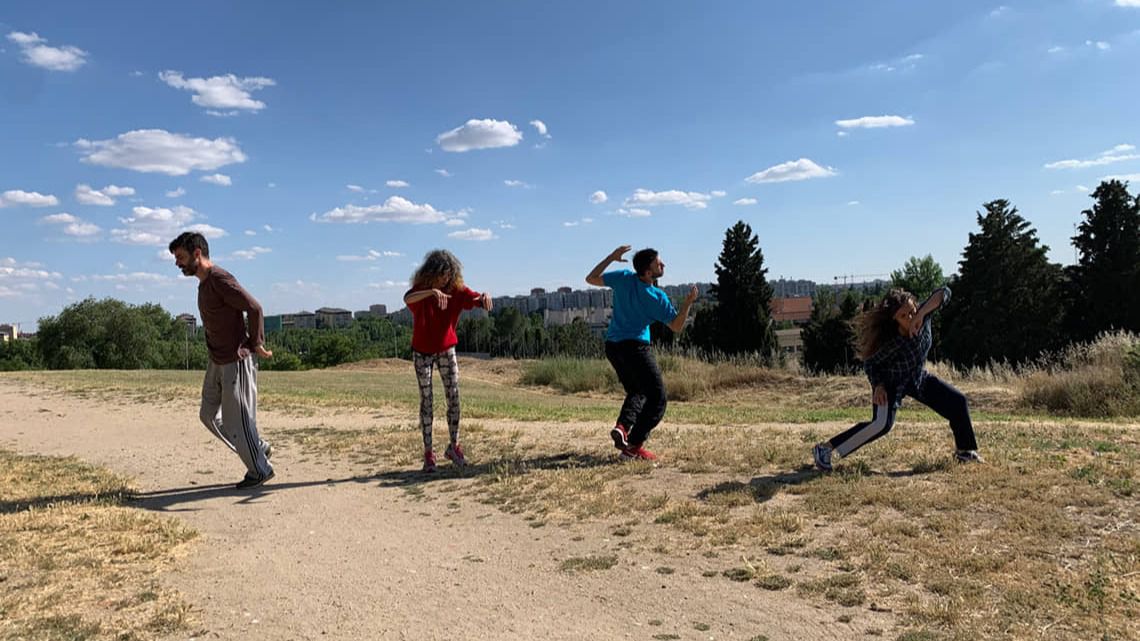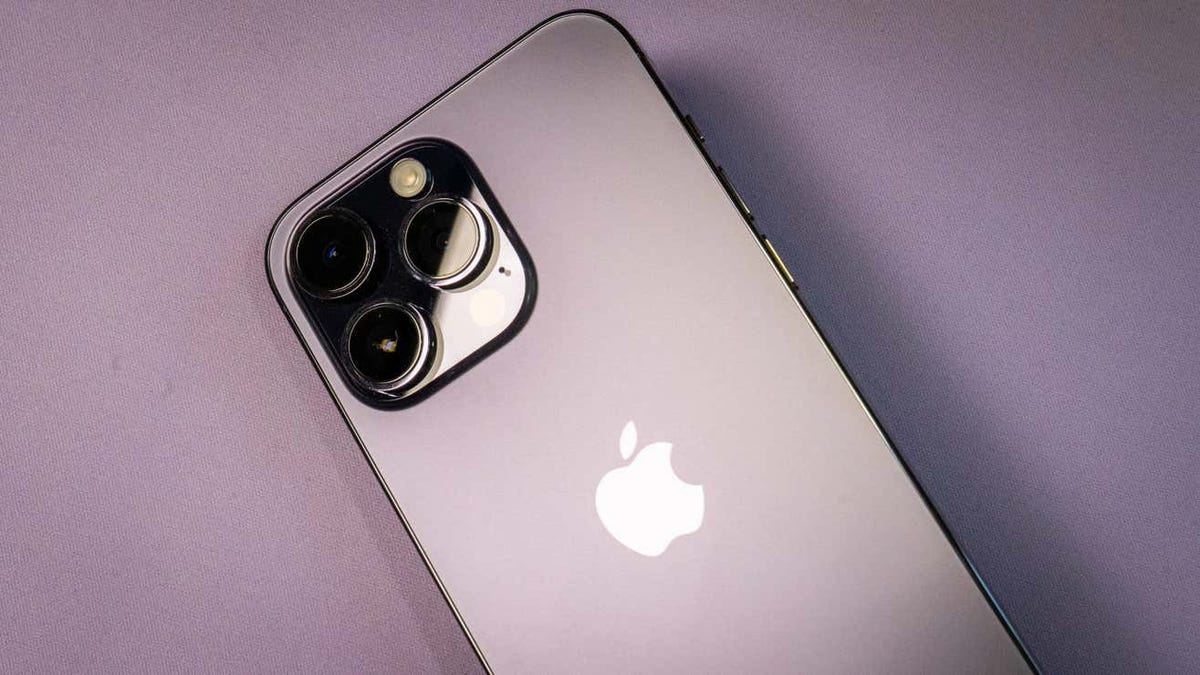I wrote in the National The
Saturday and Sunday come to an end. People begin to feel apathy, anger and even deep sadness; But it’s all about the premise…intro to Hate Monday.
If this is your case, calm down. This is a completely “normal” phenomenon (or is it?) that science has even attempted to explain over time.
Change in sleep patterns
Who after a long day at work does not take long to rest? People who work Monday through Friday usually take advantage of the weekend, i.e. Saturday and Sunday, to sleep in and try to get back the hours of sleep they lost on the other five days.
However, according to a study by Flinders University in Australia, this may not be the best idea, as sleeping in extra hours on the weekend can throw off your biological clock. So, trying to get back to “normal” and adjust to working hours results in a lot of fatigue.
emotional changes
But biological exhaustion isn’t the only reason people tend to hate Mondays.
According to a survey by consultancy Gallup, the level of stress people experience throughout the day is the same, however, on Fridays, people surveyed said they feel in a better mood to face any adversity because it’s the weekend.
However, since it is Monday, since it is the start of the day of work, school or activities in general, it is seen as a return to routine which makes it more complicated.
Women feel less attractive
Has it happened to you that you look in the mirror on Monday morning and even though you do your same beauty routine, you feel less attractive? you’re not the only one.
According to an article in Marie Claire, nearly half of women feel less attractive on Mondays. The American women interviewed said they did not feel like looking in the mirror that day because they felt emotional and physical “ruin” of their activities over the weekend.
Monday… more likely to have a heart attack?
As if frustration and biological and emotional changes weren’t enough, a study published in American Journal of Preventive Medicine Ensures that Monday is the time when people are most likely to have a heart attack.
According to specialists from Johns Hopkins University, biological clocks control many aspects of human health, including weekly clocks, called circaceptan rhythms, which generally include earlier-weekly highs for many diseases.
In general, the study, published in 2014, indicates that people tend to associate the weekend with excesses, too little or too much sleep and a poor diet, which are stressful at the start of Mondays.





